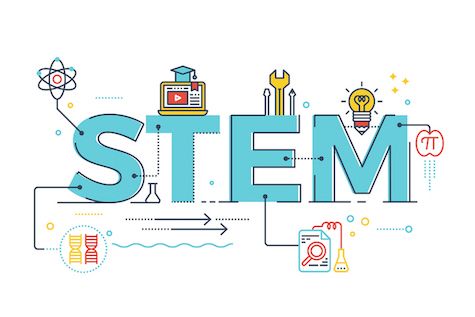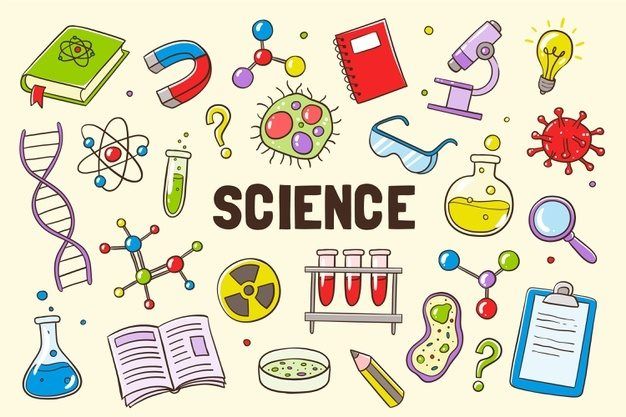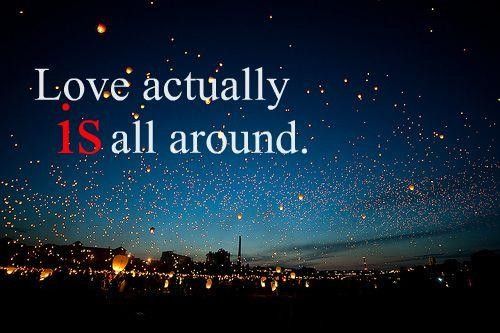A lucky thing about being a STEM teacher is that you recognize the roles Science, Technology, Engineering, and Math play in our daily lives. As a science teacher, I especially see science all around us. Much like the opening quote from Love Actually, I find that science is actually all around. It's become such a huge part of our lives that we actually seem to not realize that it is everything about us. It goes down to the base building blocks of who we are, what we're made of, and how we do things. STEM teachers are lucky to see things like this, but not everyone does.

Often, you ask students: Where do you see science in your life? And the unfortunate answer too many times comes back as: I don't. Science is everything they do, but they don't see it yet. One of my big reasons for being a science teacher is that I want students to be able to see this as they look around in the world. I want them to have a better, deeper, more connected and engaged concept of everything around them. I want them to see how each animal and plant has a role, even if that role is invasive. I want them to be in awe that everything they touch, step on, put pressure against pushes back at them with the same force. I want them to be able to make informed decisions about foods they eat and why. I want them to see the chemistry of cooking and baking. I want them to wonder about the inner workings of their computers. The list could go on ad infinitum, which just goes to show that science has its part in all things.

The best part about science to me is that because it is in everything, it gives so many ways and opportunities to explore it. I think there is no wrong way to explore science. There may be procedures and processes that need to be followed to get as close as possible to proving something, but that doesn't mean if you don't go that deep that you're wrong. A child who discovers that every time they let go of something they're holding it falls to the ground has discovered gravity. A teenager who puts Mentos in Coke has discovered a chemical reaction. There are so many ways to explore and build on those explorations that kids make. As a science teacher, I want to give that space to allow students to mature from childhood discoveries to deeper dives into experimentation. I want them to be able to apply their knowledge throughout their lives and always feel connected to science, because it is in them, figuratively and literally. A science classroom also provides the opportunity for a creative outlet of demonstrating learning. Students do not have to stick to a long-winded, extremely detailed lab report for every piece of evidence. Instead they can create art, prose, presentations, games, etc. The possibilities, like science, are endless, and give every opportunity for students of all backgrounds, interests, and ideas to participate, engage and connect.

